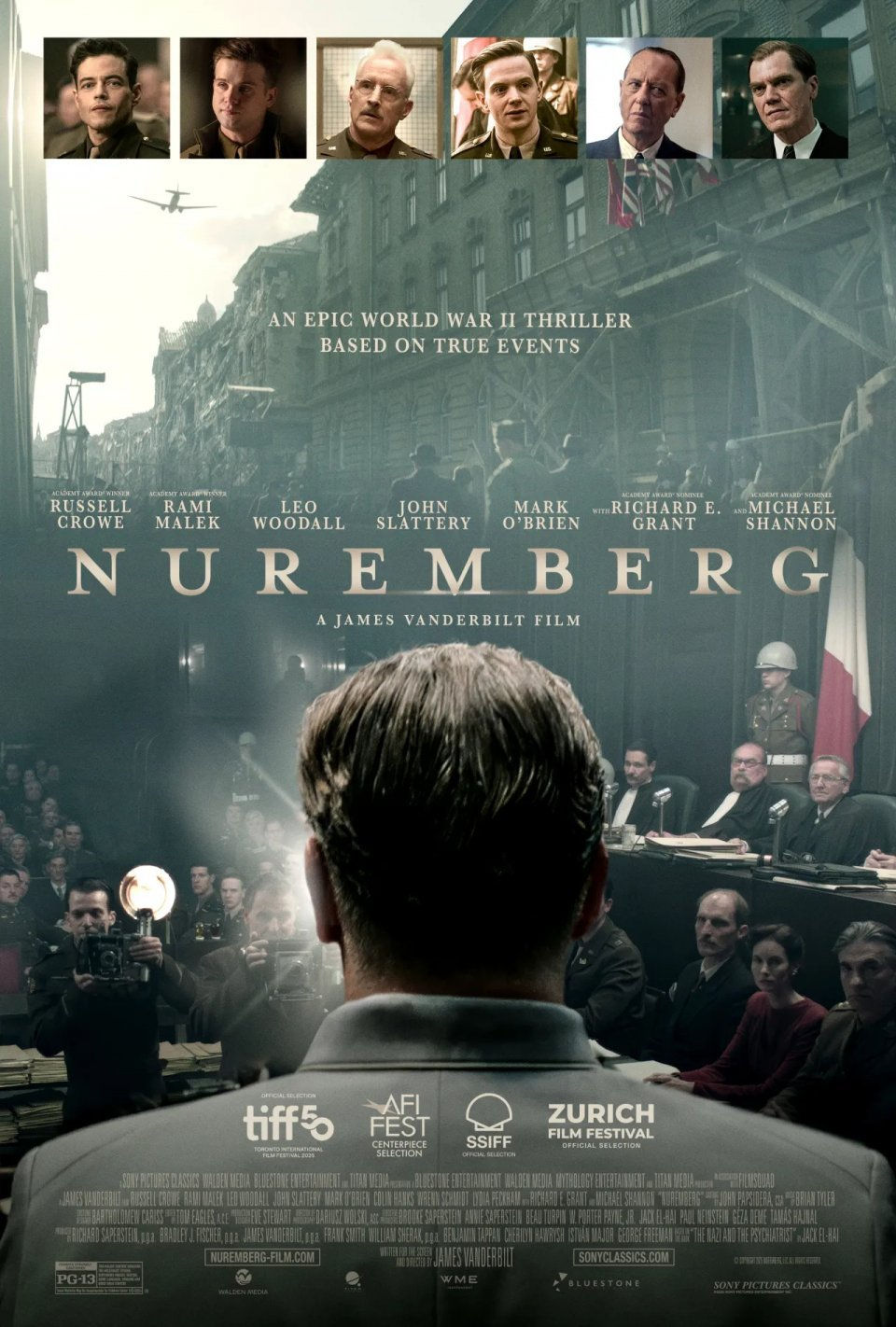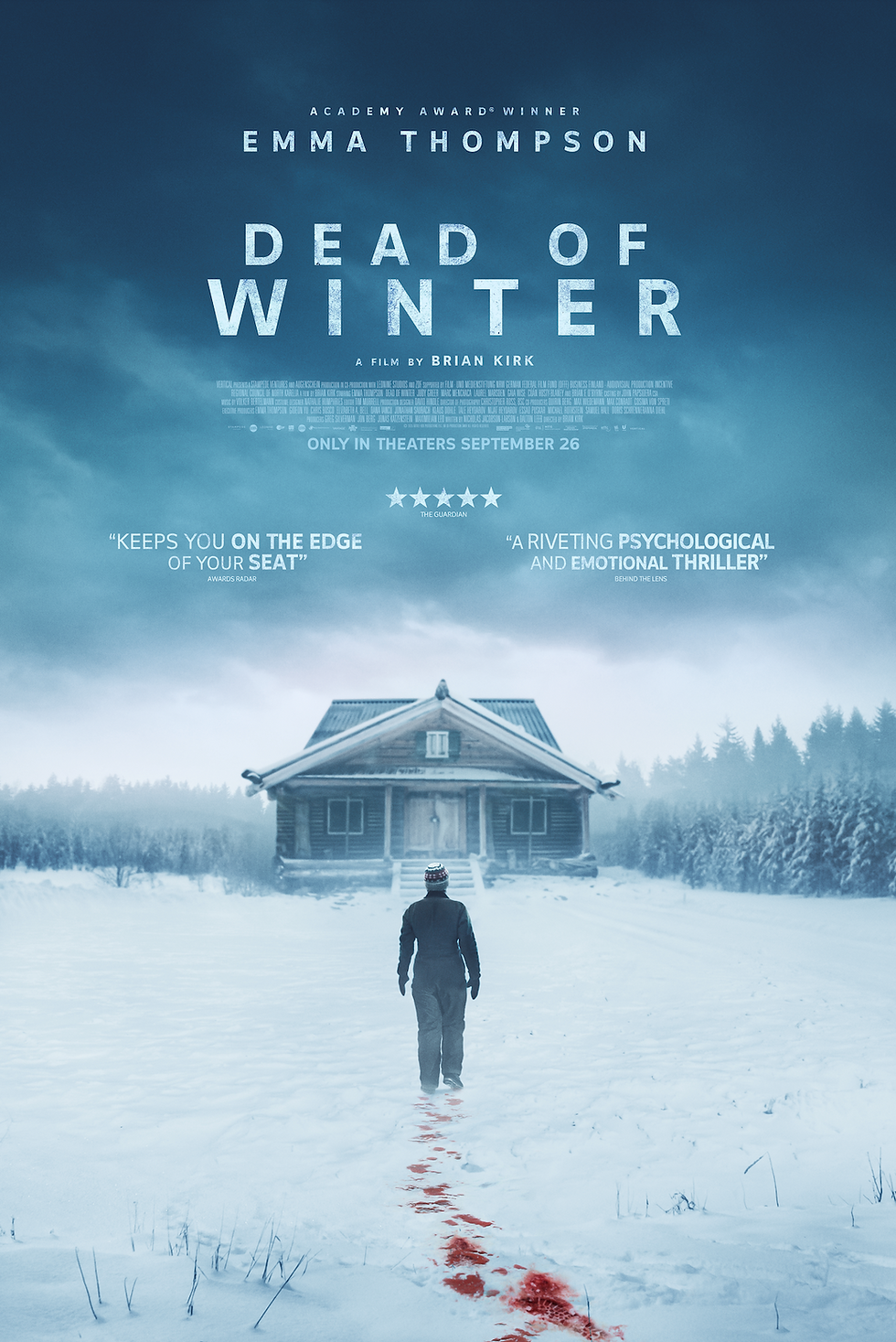White Bird flies through familiar fields
- Robin Holabird

- Oct 4, 2024
- 1 min read

Flying through a field traveled by many, White Bird lands with a familiar and heartening take on the Holocaust. Its subtitle, A Wonder Story, shows the movie’s link to a previous project starring Julia Roberts and Owen Wilson playing modern-day parents to a bullied boy. As the only member of the Wonder cast returning, Bryce Gheirsar reprises his role as the bully, now sent to a new school and not yet ready to move forward. But progress seems foreordained when Helen Mirren steps in as his wise grandma, recounting her own experiences dealing with some of the world’s biggest bullies during the Nazi invasion of France. Combining warmth and regal toughness, Mirren’s Grandma Sara heralds a story that can lead to understanding and change. Since events focus on two young people, it makes sense to put director Marc Forster in charge of Mark Bomback’s screenplay (with credit to R.J. Palacio for the original Wonder graphic novel). Forster’s work on Finding Neverland shows skill with young actors, but his other projects like Monster’s Ball and Stranger Than Fiction refuse to submerge into sugary waters that might whip into a saccharine confection. Forster keeps things serious without extreme harshness. Geared at a young adult and family audience, White Bird’s dialogue often makes basic observations like a line that we want to control time but cannot. In another instance, Grandma Sara answers the question, “what’s wrong with normal” by saying “nothing and everything.” Simple, yes, but accurate enough to make White Bird another of the lessons the Holocaust provides for learning today.



Comments